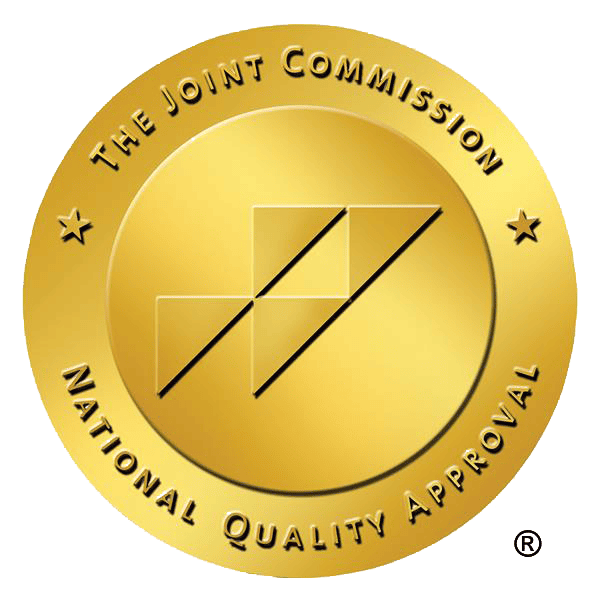A research team of partners led by the University of Houston has developed a fentanyl vaccine. This vaccine is different from the ones people receive for the flu, pneumonia, or shingles.
Instead, it was specifically developed to help those in recovery from fentanyl addiction. This breakthrough for a vaccine could be a game changer in the future of fentanyl use disorder treatment and long-term recovery success.
University of Houston’s Vaccine for Fentanyl
The vaccine that was developed binds to opioid receptors in the brain. When fentanyl enters the body, the vaccine blocks the synthetic opioid drug from causing the euphoric high people experience when abusing this drug.
The latest on the vaccine from the University of Houston and its partners, like the University of Montana, is the drug is getting ready to enter clinical trials as of August 2023. Clinical trials are a necessary process required by the FDA to help identify potential side effects and adverse reactions.
Testing with human test subjects should begin sometime this year. Once all the different clinical trial phases are completed, then the findings are submitted to the FDA for approval. Depending on the speed of approval, the fentanyl vaccine breakthrough could be available sometime in 2025 or 2026.
Statistics on Fentanyl Deaths in Houston, TX
According to the Texas Health and Human Services, 5 people die statewide every single day from fentanyl. In 2023, there were 5,049 overdose deaths in Texas, and fentanyl accounted for 45.4% or 2,293 of them. In 2022, there were 2,197 fentanyl deaths, which is 44.6% of all overdose fatalities.
For 2024, as of June 3rd, there have already been 351 fentanyl fatalities. Locally, in Houston, the picture is just as grim. Houston is known to be an illegal drug distribution hub, so access to street fentanyl is more prevalent. In 2023, Harris County, which includes Houston, had the most fentanyl deaths (514) out of all counties statewide.
The previous year, there were 507 fentanyl deaths. Additionally, from 2019 to 2021, fentanyl overdose fatalities have increased by 331%.
Understanding The Vaccine
As the latest news on this vaccine becomes more widespread, many people want to know what it is and how it differs from other vaccines. Vaccine for fentanyl is like other emerging opioid vaccines that are being developed.
The vaccine prevents the opioid from attaching to opioid receptors in the brain and spinal cord while preventing any of the effects associated with the drug.
Instead, the drug is flushed out of the body while preventing relapse and other negative side effects, including accidental overdose. There is even potential for the vaccine to be used as a prevention to developing fentanyl addiction. However, further research and testing is needed.
What Are Its Long and Short-Term Effects?
This vaccine’s long and short-term effects are currently unknown as the drug still needs to go through several clinical trials. However, the latest on the fentanyl vaccine has shown the primary short-term impact of the vaccine is to prevent accidental overdose and death from fentanyl. Another short-term effect is blocking the effects of the drug.
So, even if someone is at risk of developing an addiction, they would not experience the effects of fentanyl if they were to take it. One of the potential long-term effects of the vaccine is it would help people reduce the risk of relapse. Even if they did relapse, the vaccine would help prevent accidental overdose, which is very common when someone is in recovery from fentanyl addiction.
Are There Any Risks?
As with any vaccine, there are sure to be some risks and side effects. However, these are currently unavailable because the vaccine is still being developed.
In recent months, fentanyl deaths in Houston, TX have raised awareness about the dangers of synthetic drugs, highlighting the importance of thorough testing and transparency when it comes to public health interventions. Once the finalized version of the vaccine is available and clinical trials have begun, further information about any risks and side effects will become available.
Barriers to Fentanyl Recovery
Some of the more common barriers to fentanyl recovery include:
- Stigma: For some people, they have stigmas associated with getting treatment. People can also feel ashamed or embarrassed if they seek treatment.
- Fear of treatment: Some people have anxiety and fear of treatment itself. They could be afraid of talking in groups or sharing their innermost feelings.
- Denial: Some people do not believe they have a fentanyl addiction and can manage their drug use.
- The false belief treatment is a waste of time: Several people believe that treatment would not impact or change their lives. They got treatment, only to return to using fentanyl afterward.
- Geographical location: Certain areas can have a higher prevalence of fentanyl use with a lack of sufficient recovery programs for everyone addicted to the drug.
- The cost of rehab: Many people are hesitant to start rehab because they cannot afford it or lack insurance to cover the costs.
- Co-occurring disorders: When people have co-occurring disorders, they can further create barriers to seeking treatment.
- Lack of awareness about what is a fentanyl vaccine: Emerging solutions like this development can be overlooked due to a lack of education or understanding, preventing individuals from accessing potentially life-saving interventions.
Fentanyl Overdose Signs
Fentanyl overdose signs everyone should be aware of include:
- Easily losing consciousness and falling asleep
- Constricted, small, pinpoint pupils
- Skin is cold and clammy
- There is a bluish color to the lips, nails, and skin
- The body is limp
- The person will not wake up
- Breathing is shallow, weak, or slow, or has stopped
- The person is making gurgling sounds or is choking on vomit
Should someone notice these overdose signs, they should call 911 immediately. If one has access to naloxone, they should administer it following the 911 operator’s directions. The faster the response, the more likely it could be to save a life.
Learn About the Fentanyl Vaccine and Its Impact on Recovery
Are you ready to regain control over your life and break free from fentanyl abuse? At the Prairie Recovery Center in Houston, we offer comprehensive fentanyl addiction rehab personalized to your specific needs. With advancements like the fentanyl vaccine, we provide a safe, secure, supportive, and caring environment for you to start your recovery journey.
Contact us now to discover the path to a brighter, fentanyl-free future.








